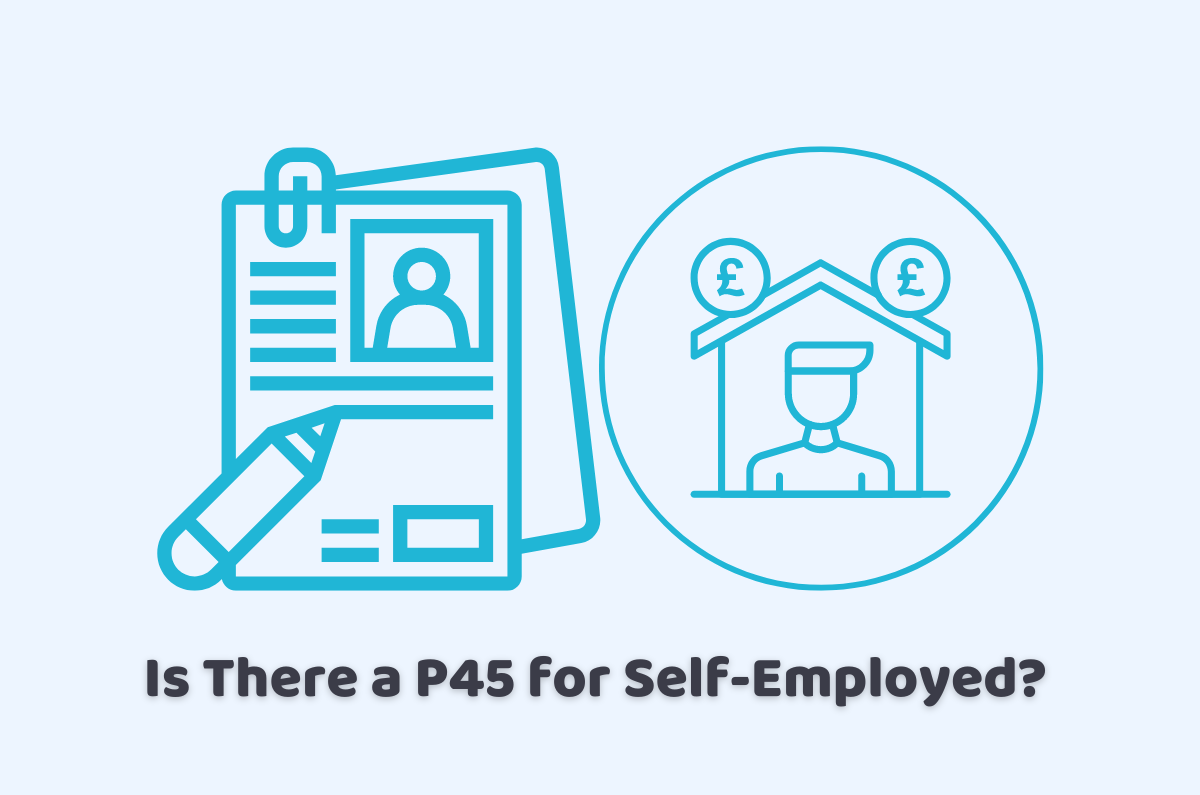25/03/2024Business
Wondering about Is There a P45 for Self-Employed? Self-employment refers to running your own business and being solely responsible for its financial affairs. It is a form of job status that comes with various commitments and obligations. One of the most important duties is paying taxes and national insurance. In the UK, self-employed individuals are …
Read more
